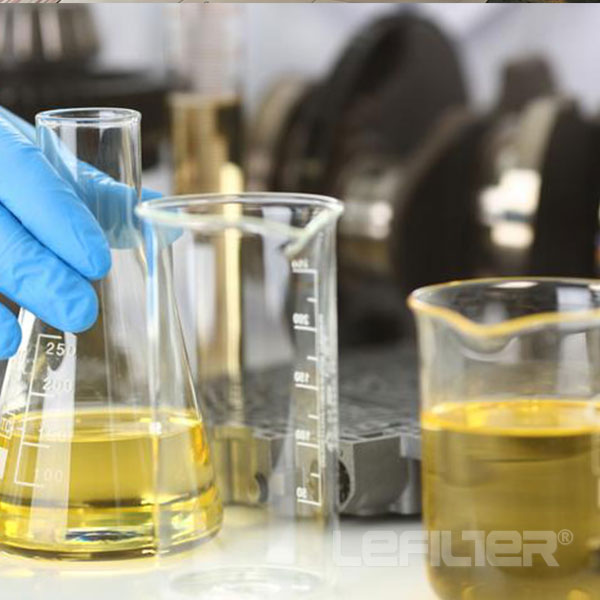We design and manufacture Hydraulic and lubricate filtration filters and elements according specific need of our costumers
Applications: Steel, petrochemical, power generation, machine manufacturing, aviation, mining industry, metallurgy, etc.
The hydraulic fluid is the essential element of all hydraulic system and it must be selected according to actual operating conditions, safety-environmental requirements and applicable regulations. Performance, quality and cleanliness of the hydraulic fluid are important factors what are going to determine the operational efficiency, reliability, and service life of the entire hydraulic system.
Fluids in the hydraulic systems provide several functions that have influence on the system performance:
Transmit energy by flow of pressurized fluid
Lubrication of the moving, and sliding components and surfaces in contact (hydraulic cylinder, and valve, pump components including seals)
Heat removal, transferring through the entire system to the reservoir tank and cooler
Cleaning the system by carrying wear particles and contaminants to the filters
Corrosion protection
Demands toward the hydraulic systems have been increased constantly. Higher operating speed, pressure and temperature in combination with higher efficiency, which are expected by the hydraulic system operators. That is why correct selection of the hydraulic fluid requires an understanding of the operating parameters of the system and characteristics of the fluids as well. When selecting a hydraulic fluid, the following features are the most important for consideration:
Viscosity and viscosity index (viscosity-temperature behavior of the fluid) – fluid must maintain a minimum viscosity required even at the highest operating temperature and viscosity what can be pumped at the lowest temperature as well.
Anti-wear – wear is caused by metal-to-metal contact in the system. Special additives help to reduce wear, minimizing metal breakdown
Friction reduction – the hydraulic fluid or its additive creates protective film between moving metal parts, reducing friction
Aging resistance – longer service life of the fluid will help to reduce maintenance, fluid replacement and disposal costs
Corrosion protection – modern hydraulic fluids contain inhibitors against system rusting caused by water contamination by the fluid and chemical corrosion caused by acids (fluids are oxidized over time, forming acids)
Filterability – more and more fine filtration is required in the hydraulic systems. Fine filters exhibit premature filter plugging due to water contamination, fluid degradation and inappropriate formulations.
Air separation ability – when hydraulic fluid carries air, the risk of foaming is increasing (surface foam or entrained air). Properly selected base oil and anti-foam additive will help to prevent foaming, which degrades the system performance
Demulsifying ability – water should be separated from the hydraulic fluid without taking the fluid itself or any additive with it. In order to accelerate the possible water contamination of the fluid, normally demulsifiers added to the fluid.
Material compatibility – fluid should be compatible with all other materials in the system, including seal components
Disposability – increasing demand on environmental protection and changing regulations make the disposal of hydraulic fluids more challenging. Local environmental protection and anti-pollution regulations should be considered.
